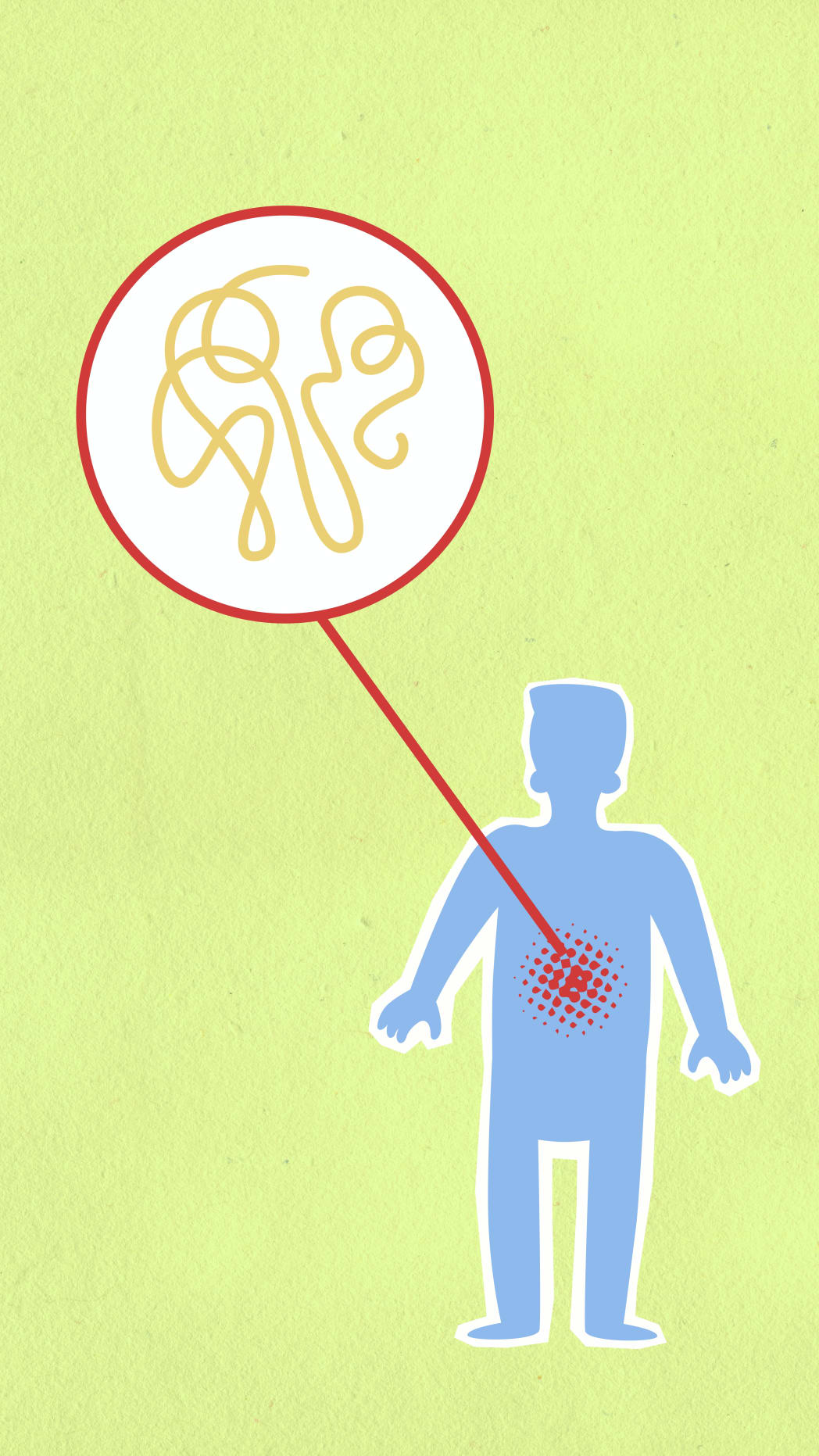
NIPT Test: Unlocking Genetic Insights for a Healthier Pregnancy
by Esther on July 5, 2023 , 8 min read
During pregnancy, expectant parents are often concerned about the health and well-being of their unborn child. Advances in medical technology have made it possible to gain valuable genetic insights about the baby without invasive procedures. One such breakthrough is Noninvasive Prenatal Testing (NIPT), a safe and reliable screening method that can provide valuable information about the baby's genetic makeup early in pregnancy. By incorporating Bloom prenatal tablets into your daily routine, you can ensure that you are providing your body with the essential nutrients needed for a healthy pregnancy. Consultation with a gynecologist can further enhance your understanding of the benefits of NIPT and how prenatal supplements like Bloom can support your prenatal health.
What is Noninvasive Prenatal Testing (NIPT) Test?
Noninvasive Prenatal Testing (NIPT) is a screening test that analyzes the fetal DNA present in the mother's blood during pregnancy. This test examines the genetic information of the developing fetus and can detect the risk of certain chromosomal abnormalities, such as Down syndrome (trisomy 21), Edwards syndrome (trisomy 18), and Patau syndrome (trisomy 13), as well as other genetic conditions.
What is the Scope of Screening for the NIPT Test?
The NIPT test primarily screens for common chromosomal abnormalities caused by an extra or missing chromosome. It can also provide information about the baby's gender and assess the risk of certain genetic conditions caused by changes in specific genes.

Why NIPT Test is Done?
The NIPT test is performed to provide expectant parents with valuable information about the genetic health of their babies. It is a noninvasive screening test that can detect the risk of certain chromosomal abnormalities and genetic conditions, allowing parents to make informed decisions about their pregnancy.
By analyzing the cell-free fetal DNA (cffDNA) present in the mother's blood, the NIPT test can identify the risk of chromosomal abnormalities such as Down syndrome (trisomy 21), Edwards syndrome (trisomy 18), and Patau syndrome (trisomy 13). It can also assess the risk of other genetic conditions caused by changes in specific genes.
The primary purpose of the NIPT test is to provide expectant parents with information that can help them understand the potential health risks their baby may face. This knowledge allows parents to prepare emotionally, seek appropriate medical care, and make informed decisions about their pregnancy.
When Should a Pregnant Woman Have the NIPT Test?

The timing for a pregnant woman to have the Noninvasive Prenatal Testing (NIPT) test is typically recommended when there is an increased risk of chromosomal abnormalities or certain genetic conditions. doctors often offer the test to women who are 10 weeks pregnant or later, although the exact timing may vary depending on individual circumstances and the availability of the test in different regions. It is important to consult with your doctor to determine the most appropriate time to undergo the NIPT test based on your specific situation and medical history. They will consider factors such as your age, medical conditions, and any previous pregnancy complications to determine the optimal timing for the test. By following their guidance, you can ensure that the NIPT test provides accurate and meaningful results to help you make informed decisions about your pregnancy.
What Are the Benefits of the NIPT Test in Pregnancy?
The NIPT test offers several benefits for expectant parents. First and foremost, it provides valuable information about the baby's genetic health without the need for invasive procedures such as amniocentesis or chorionic villus sampling (CVS). It is a non-invasive and safe option that poses minimal risk to the mother and the fetus. Additionally, the NIPT test has a high accuracy rate, reducing the number of false-positive results and unnecessary follow-up procedures. It can also offer peace of mind and help parents prepare emotionally and make informed decisions about their pregnancy.
What Can I Expect from the Findings of My NIPT Test?

The findings of the NIPT test will provide information about the specific conditions screened for, such as Down syndrome, Edwards syndrome, Patau syndrome, and other genetic abnormalities. The test results will indicate the likelihood or risk level of these conditions for the baby. It is important to note that the NIPT test is a screening test, and any positive results should be confirmed through further diagnostic testing, such as amniocentesis or CVS.
How Much Does the NIPT Test Cost?
The cost of the NIPT test can vary depending on various factors, including the geographical location, the specific laboratory or testing provider, and any additional tests or services included in the package. It is advisable to check with your doctor or the testing facility to obtain accurate and up-to-date information about the cost and any potential insurance coverage or reimbursement options available.
Noninvasive Prenatal Testing (NIPT) is a groundbreaking screening method that offers expectant parents valuable genetic insights about their baby's health and well-being. It provides information about the risk of certain chromosomal abnormalities and genetic conditions, allowing parents to make informed decisions about their pregnancy. The NIPT test is safe, noninvasive, and has a high accuracy rate, providing expectant parents with peace of mind and the opportunity for early intervention or further diagnostic testing if needed. It is important to consult with your doctor to determine if the NIPT test is appropriate for your pregnancy and to understand the specific benefits, limitations, and costs associated with the test. Additionally, discussing the use of Bloom prenatal tablets with your doctor can ensure that you are providing your body with the essential nutrients needed for a healthy pregnancy.